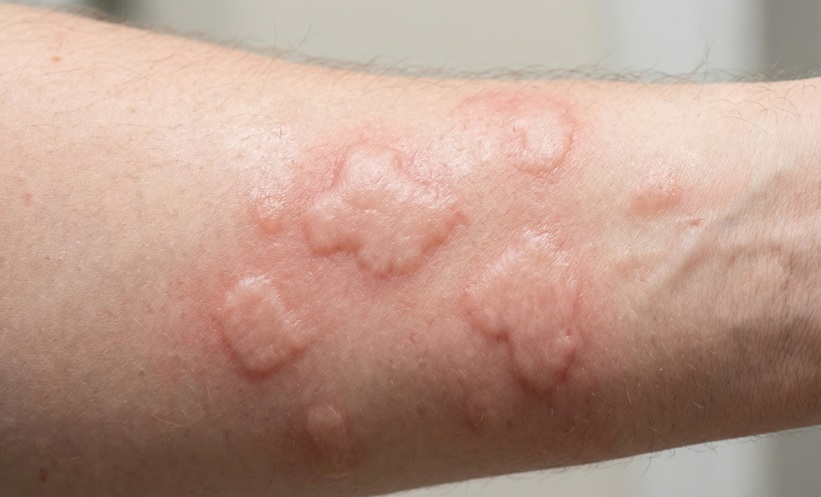SEASONAL allergic rhinitis (SAR), a common yet often debilitating condition, is triggered by airborne allergens and marked by intense nasal inflammation. Unlike perennial allergic rhinitis (PAR), SAR presents more severe symptoms and has proven more difficult to manage, especially as climate change threatens to exacerbate pollen levels and extend allergy seasons.
Current standard-of-care (SoC) treatments, such as antihistamines and intranasal corticosteroids, fall short for many sufferers, with over 60% reporting poor symptom control. The rise of biologic therapies, already successful in other type 2 inflammatory airway diseases, offers new hope. One such biologic, stapokibart (CM310), targets IL-4Rα to block both IL-4 and IL-13 – key drivers of type 2 inflammation.
The PHECDA trial, a randomised, double-blind, placebo-controlled study, evaluated stapokibart as an add-on therapy during pollen season in adults with moderate-to-severe SAR and elevated blood eosinophil counts (≥300 cells/μl). The findings revealed that stapokibart significantly improved nasal and ocular symptoms and quality of life, outperforming placebo. By week 4, 64% of patients treated with stapokibart reported only mild or no nasal symptoms, compared to just 39.7% of those on placebo.
Stapokibart also demonstrated broader effects by reducing biomarkers of inflammation and downregulating key inflammatory genes in nasal tissues. These results underscore the importance of continuous suppression of type 2 inflammation during high pollen exposure.
Importantly, stapokibart was well tolerated, with a safety profile similar to placebo. While promising, the trial’s findings need to be replicated in more diverse populations to ensure global applicability.
As SAR prevalence is expected to rise, stapokibart may offer a valuable treatment option for patients unresponsive to conventional therapies. Its targeted mechanism, when applied to a well-defined patient group, could lead to more effective, personalised care for those battling the challenges of seasonal allergies.
Reference
Zhang Y et al. Stapokibart for moderate-to-severe seasonal allergic rhinitis: a randomized phase 3 trial. Nat Med. 2025;DOI:10.1038/s41591-025-03651-5.





